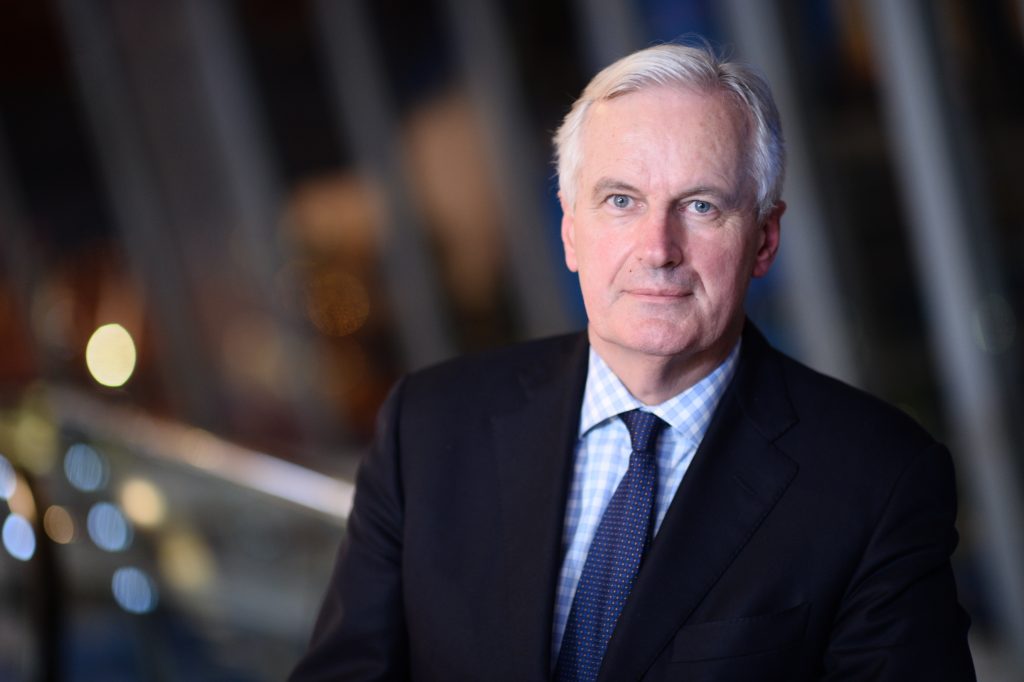The EU’s chief Brexit negotiator Michel Barnier has suggested extending the post-Brexit transition period to 2022, during which all EU rules would still apply to the UK.
What it means: You may have noticed that although Britain is meant to leave the EU in four months, nobody’s managed to agree exactly what Brexit Britain is going to look like, what its relationship with the EU is going to be, and which rules its going to follow.
So, back in March, Theresa May said there would be a ‘transition period’ after Brexit Day, during which Britain will act like it’s still part of the EU. It’ll follow all the same rules, allow freedom of movement, pay money into EU projects… but it won’t get to vote on any decision the EU takes. The idea is to give the EU and Britain more time to work out a deal. The transition period is currently set to last until December 2020. But Michel Barnier, the EU’s chief Brexit negotiator, has turned around and said it might be better to extend the transition period to December 2022. (Perhaps he doesn’t have a lot of faith in the UK’s ability to cobble together a deal very quickly. Ahem.)
Brexiteers are very much not keen on this suggestion. They say it’s cheating the people who voted for Brexit by effectively making them stay in the EU for another five years. But the UK business secretary, Greg Clark, thinks Barnier’s idea is a good one, because it’ll make things easier for businesses and give them the confidence to keep investing in Britain.
Business investment could mean anything from setting up new shops in the UK, to hiring more workers, to developing a fancy new product. Politicians are generally quite keen to get as much business investment as possible, because it puts a significant amount of money into the British economy (about £184 billion in 2017) and is often linked to job creation. But according to the CBI, which represents British businesses, 80 percent of businesses have cut or postponed investment to Britain because they’re worried about a no-deal Brexit. A longer transition period might give them enough faith that some sort of deal will eventually be reached to make them open their wallets again.
Read our explainers on business power and globalisation.

